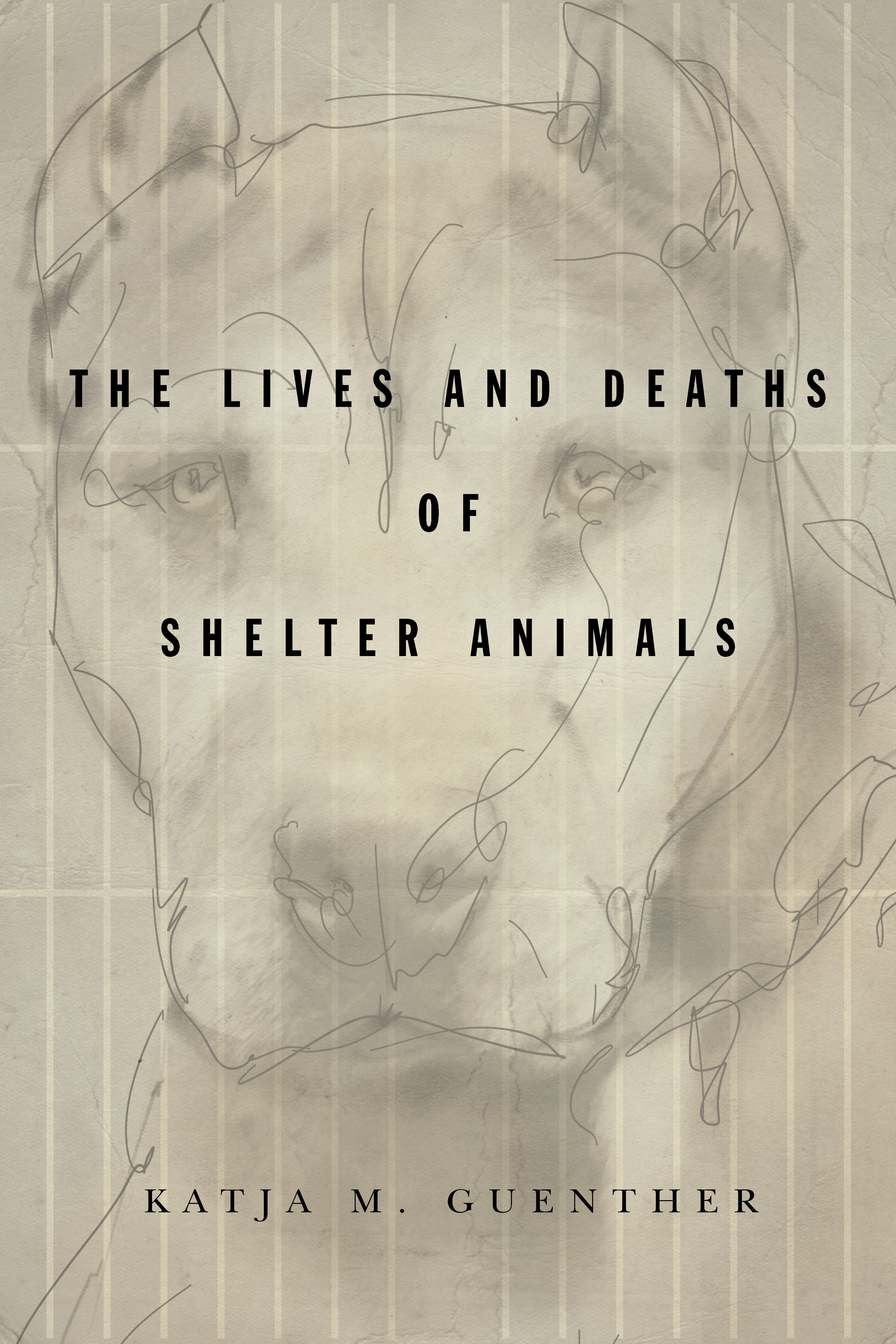Overpolicing and constant surveillance of low-income urban communities leads to the incarceration of animals as well as people, with many pets being killed in public animal shelters, argues University of California Riverside Associate Professor of Gender & Sexuality Studies Katja M. Guenther in her new book, The Lives and Deaths of Shelter Animals.

“Low-income communities of color are disproportionately subject to intervention from animal control officers, just as they are from police,” Guenther said. “Their companion animals are more likely to end up impounded in shelters, disrupting human-animal relationships, which have been consistently shown to provide critical emotional and physical benefits to human guardians.”
Drawing on multiple years of ethnographic research in a high-intake Los Angeles-area public animal shelter, Guenther documents the processes underlying disproportionate rates of animal killing in a shelter responsible for animal control in mostly lower income Latino communities compared to shelters serving wealthier, whiter parts of Los Angeles.
“What I found is that many of the dominant social ideas we have about why animals are in shelters are myths,” she said. “These myths echo and reinforce negative beliefs we already have about poor people of color in the United States, and place blame for animals dying at the shelter on these individuals, instead of on our society.”
Guenther identifies shelter and volunteer practices that link race, class, and animal death together in ways that justify the shelter’s assertion of control over the animals of poor people of color, and people of color themselves.
Guenther makes a passionate plea for abolition of breed specific legislation (BSL) and for social justice for poor people of color centered on what she calls a Humane Communities Revolution.
Humane communities would endorse animal-friendly affordable housing, living wages, social and political recognition of the importance of human-animal bonds, and the incorporation of community members and animals themselves into developing shelter programming.
“In fighting for social justice, we have an opportunity and an obligation to expand this effort to include ways to live with animals that do not depend on the right of humans to control and dominate them,” Guenther said.
Featured image: a dog in a shelter. Image credit Allen Park, CC BY-SA 2.0.





